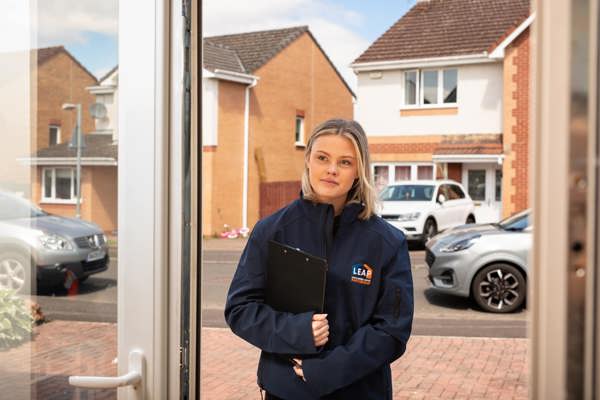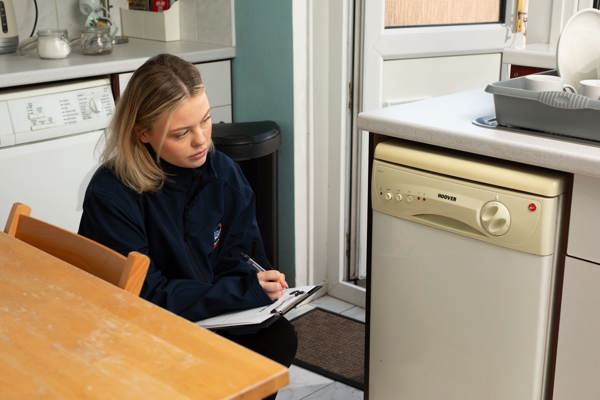
Energy Support
Take the LEAP
Impact report 2024 - 2025
01

Energy efficiency tips
Reduce your energy bills with our top tips.
Reduce your energy bills with our top tips!03

Government support
Useful information about the recent government packages
Government Energy SupportEnergy Cost Calculator
Go compare's energy cost calculator


